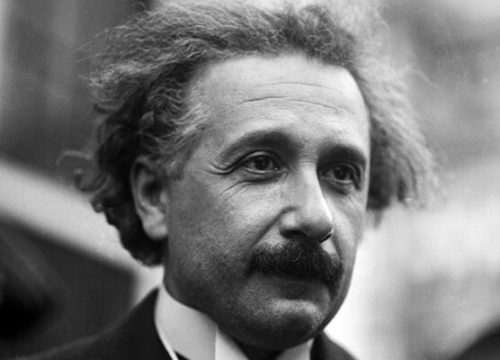Rudolf Rocker was a German anarchist thinker, writer, and activist who was born in 1873 and died in 1958. He is considered one of the most influential figures in the history of anarchism and was a key figure in the development of anarcho-syndicalism, which emphasises the use of labor unions to achieve revolutionary social change.

Rocker and Anarchism
Rocker’s anarchist views were heavily influenced by the experiences of his youth, including growing up in poverty and witnessing the repression of workers during the rise of industrial capitalism in Germany. He became active in anarchist circles in his late teens and was involved in various labour struggles throughout his life.
One of Rocker’s most famous works is his book “Anarcho-Syndicalism: Theory and Practice,” which was published in 1938. In this book, Rocker argues that the state is an inherently oppressive institution that serves the interests of the ruling class and that true social change can only come about through the direct action of workers and the creation of a society based on voluntary cooperation.
Rocker's Legacy
Rocker’s legacy has been significant in the anarchist movement, both in Europe and in North America. His ideas continue to inspire anarchist thinkers and activists to this day (just see our philosophy t-shirts), and his work has been translated into several languages.
Rocker was also an active participant in various anarchist organisations, including the International Workers Association and the Industrial Workers of the World, and he helped to shape the political and organisational structures of these groups.
Criticism
Despite his contributions to the anarchist movement, Rocker’s ideas were not without controversy. Some anarchists criticised his emphasis on unionism and his rejection of individualist anarchism, while others felt that his approach was too focused on class struggle and did not pay enough attention to issues of race, gender, and other forms of oppression.
Rudolf Rocker was an important figure in the history of anarchism and his ideas continue to have relevance for contemporary struggles for social justice and radical politics. His emphasis on direct action, worker self-organization, and the creation of a society based on voluntary cooperation continue to inspire those who seek to build a better world outside of the constraints of the state and capitalist systems.
ALLRIOT tribute to Rudolf Rocker




















